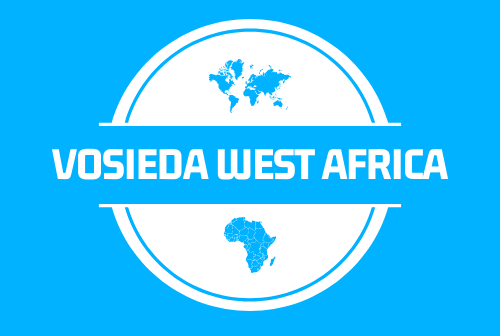Liberia hosts the largest remaining blocks of the Upper Guinea Forest of West Africa. Since the 1970s, Liberia has relied on industrial logging for export as the primary model for economic activities in the forestry sector up to the present while rural population on the other hand relies significantly on forest and forest resources for subsistence and income generation. Sinoe County has a high portion of Liberia’s forest and land resources with relatively low population density. Industrial logging and oil palm plantations are major economic drivers but also a source of conflict, especially with communities who depend on the forest resources for their livelihoods.

Industrial logging has been a source of tension and sometimes conflict between forest dwelling communities, the Forestry Development Authority (FDA), and logging companies. These conflicts have mostly focused on issues such as marginalization in policy formulation and other decision-making processes and limited benefits from logging to communities.
Since 2006, the government has allocated or renewed agreements for oil palm covering about 1 million hectares, including communities’ customary lands. The expansion of oil palm is a threat and source of conflicts between communities and oil palm companies due to the lack of respect for customary land rights and failure to adequately consult or secure community consent. And not the less a threat to food security and access to livelihoods due to forest conversion.
There is a need to improve the national policy process regarding forests. TBI has identified the Independent Forest Monitoring (IFM) as an important tool to inform the national policy debate and improve the practices regarding forests. As IFM reinforces real-time participation of a variety of non-state actors and it functions as a watchdog by producing real-time evidence of what happens “on-the-ground”.
VOSIEDA is working with Tropenbos International to preserve ecosystems and improve livelihood conditions for rural communities in the Sinoe County – Southeastern, Gbarpolu and Lofa Counties, Northwestern Liberia. And supporting non state actors to engage and advocate on forest and land governance issues important to them.
Under the GLA and NSA programmes, our activities include:
- Increase the capacity of communities to resist destructive oil palm expansion and logging.
- Increase the respect and recognition of tenure rights of local communities by government and concessionaires.
- Increase adherence to the full implementation of policies and laws in forest and land management.
- Enhance the capacity of non-state actors to monitor, advocate and engage with State Actors in forest and land governance processes.
- Support coalitions of CSOs to effectively advocate on issues important to them and pursue change through evidence-based advocacy
The Challenge:

Deforestation: In Liberia, unsustainable cultivation of food, oil palm and energy crops is one of the root causes of deforestation as the expansion of plantations leads to further deforestation and land degradation. Incentivized by agricultural and trade policies, international actors such as multinational corporations and investors are major drivers of forest loss. Still, also local communities and small, local companies can contribute heavily to loss and degradation of forests. Another important driver of deforestation and land degradation is the lack of political and private will to safeguard the critical functions that forests provide.
Inclusive and sustainable governance of forested landscapes: Scientific and empirical research shows that local communities have a crucial role to play in safeguarding productive forested landscapes. However, three conditions need to be met for communities to actually be able to play this role: (1) security of land tenure, or access to land, (2) inclusion in decision-making on land use by government and the local and international private sector, and (3) nature-based approaches to the management of forested landscapes to add to their traditional, time-proven knowledge. Once in place, these conditions enable local communities to engage with stakeholders from the public and private sector to jointly decide on land use. This is inclusive and sustainable governance of forested landscapes.
The interventions
For the three conditions to be met, the proper local, national and international legislation and corporate policies need to be in place. The Green Livelihoods Alliance (Milieudefensie, IUCN NL and Tropenbos International) is working in Liberia and other countries to strengthen the abilities and effectiveness of civil society organizations (CSOs) to influence these policies and practices to achieve the inclusive and sustainable governance of forested landscapes. The core of the Alliance’s strategy, therefore, is to join CSOs in lobbying for and advocating inclusive and sustainable governance of forested landscapes and to strengthen the capacity of our partner CSOs to technically, politically and economically empower and represent local communities. Tropenbos International is partnering with VOSIEDA on this project in Liberia
Key facts:
Sector: Sustainable Land use and Inclusive Forest Governance
Domain: Environment and Natural Resources Security
Benefiting zone: Miscellaneous Countries (Liberia and others)
Nature: Action Grants
